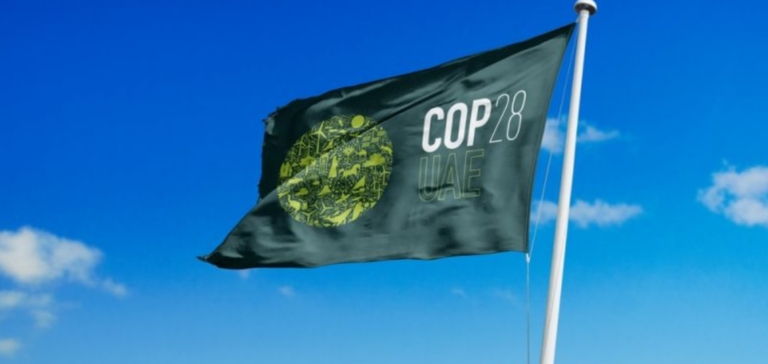The European Commissioner for Climate Change, Wopke Hoekstra, and the President of the COP28Sultan Al Jaber, recently announced a major initiative: a significant financial contribution from the European Union and its member states to a fund designed to compensate the most vulnerable countries for climate-related losses and damage. This decision marks a turning point in global efforts to combat climate change, and underlines the importance of international solidarity.
COP28: A turning point in the fight against climate change
At COP27, the organizers set up this fund, and its implementation is central to the objectives of the 28th UN climate conference in Dubai. Indeed, experts consider its success essential to the credibility of future climate negotiations, which aim to accelerate the reduction of greenhouse gas emissions. The role of this fund is crucial: it represents hope for developing countries, which are often the hardest hit by the consequences of global warming.
International Solidarity and Climate Challenges
In a joint statement on the sidelines of a meeting in Brussels, Hoekstra and Al Jaber stressed the urgency of making the fund operational. In addition, the European Commissioner affirmed the EU’s commitment to making a substantial contribution, an announcement welcomed by Al Jaber, who stressed the potential impact of this fund on billions of people affected by climate change.
The Challenges of Climate Fund Management
After a year of tense negotiations, the fund recently reached a compromise in Abu Dhabi. Initially reluctant, developing countries agreed to see the fund temporarily managed by the World Bank, despite reservations about its Western dominance and its relevance to the needs of the least developed countries. The question of rich-country contributions remains controversial, however, notably the US position in favor of voluntary rather than compulsory contributions, and the inclusion of emerging countries as donors.
Indeed, Hoekstra and Al Jaber’s final declaration, following meetings with the European Commission and European foreign ministers, underlines the importance of COP28 as an opportunity to demonstrate unity and restore confidence in multilateralism. Hoekstra also mentioned the Commission’s intention to support the COP28 commitment to renewable energies and energy efficiency.
The European Union’s commitment to the COP28 climate fund symbolizes a crucial moment in the fight against climate change. It testifies to the solidarity needed to tackle global climate challenges, and marks a step forward in efforts to mitigate the devastating effects of global warming on vulnerable countries.






















